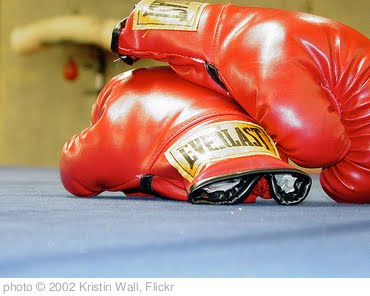Like an arrow was driven straight into that place just below your fourth rib. Like someone is peeling you of your skin. Like the world’s largest fist just nailed your diaphragm. Receiving feedback on your writing can be brutal.
But it’s necessary for a writer to improve.

As a person, my first instinct is to encourage, to tell people not to berate themselves, to only point out the positive attributes of someone. As a writing teacher, I become the inverse of myself; I criticize and note major flaws in the work, and I push . . . hard. This is my way of encouraging. If I didn’t care about a student’s growth as a writer, I wouldn’t say anything at all; I’d just leave it where it was. But if I did this, I wouldn’t be doing my job.
My dad always says, “I wouldn’t tease you if I didn’t love you.” My version is, “I wouldn’t critique you if I didn’t love your work.”
The best thing we writers can do is learn how to take critique. For me, that means I do better getting feedback in writing, not face to face. When someone gives me verbal feedback, I get defensive and want to talk about why I did this or what I intended. That defensive doesn’t help the critic be honest, and it doesn’t help me learn. So when I can, I ask for feedback in writing. It just gives me enough time to process what was said and see whether I agree or not (for after all, it is always the writer’s prerogative to take or reject anyone’s feedback). I get a space to breathe and be honest with myself.
When I have to get verbal feedback – and I’ve gotten it many times, particularly in workshop settings – I have learned to just stay quiet. I let the feedback wash over me (while taking notes that I can read later), knowing that with perspective I’ll be able to handle and integrate what was said. This is why I ask my students to remain quiet while they get critique in class – it’s just better for everyone.
My best advice about feedback is learn to take it. Learn to sit with what was said and evaluate it with some distance. Learn to know that only people who care will take the time to read your work and thoughtfully comment on it. Learn that the arrow piercings and flayed skin and sore guts will heal with time, and you (and your writing) will come out stronger and better than you were before.
